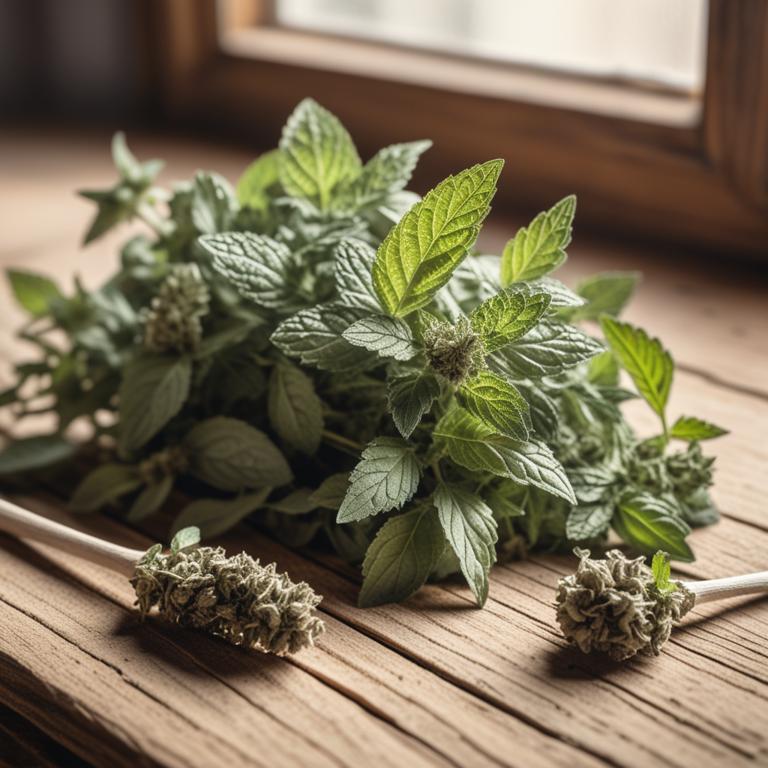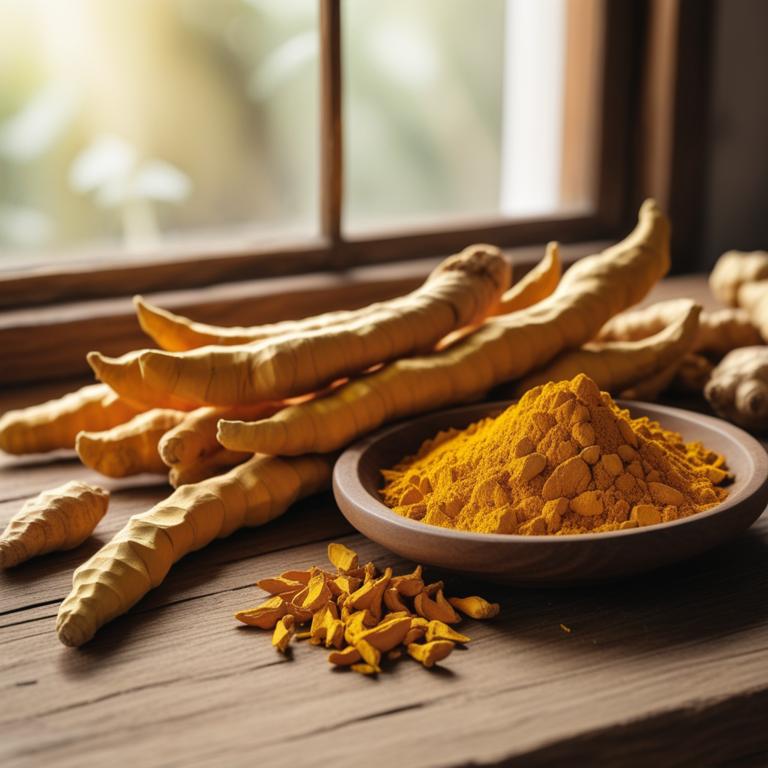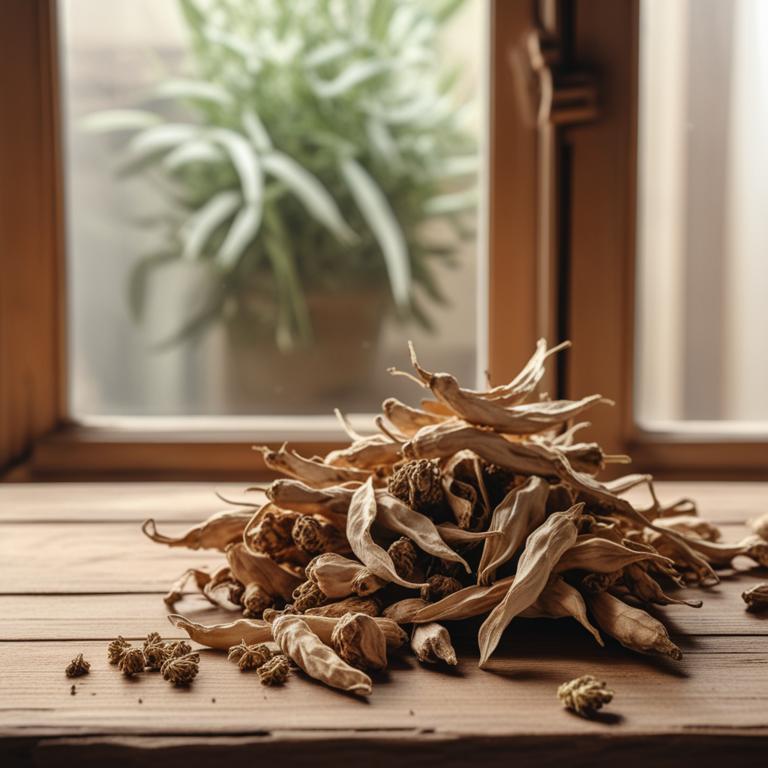Updated: Dec 1, 2024
Understanding Gastroenteritis: Causes, Medicinal Herbs, and Herbal Preparations

Gastroenteritis, often called stomach flu, is an infection that affects the stomach and intestines, causing symptoms like diarrhea, vomiting, and stomach cramps.
When you have gastroenteritis, it can be miserable - you may feel weak, dehydrated, and unable to eat or drink properly, which can disrupt your daily life and make simple tasks a challenge. Gastroenteritis is usually caused by a virus, bacteria, or parasite that you come into contact with through contaminated food, water, or poor hygiene. It can also be spread through close contact with someone who has the infection. There are several herbs that have been traditionally used to help alleviate the symptoms of gastroenteritis. Ginger, for example, has anti-inflammatory properties that can help soothe the stomach and reduce nausea.
Peppermint oil can also calm the digestive system and relieve cramps. Licorice root has been used to treat stomach ulcers and soothe irritation in the digestive tract. And chamomile tea can help calm the digestive system and promote relaxation. To use these herbs, you can try making a tea by steeping dried ginger, peppermint leaves, or chamomile flowers in hot water. You can also try drinking licorice root tea or adding ginger oil to your bath water to help relieve symptoms.
Some herbal remedies can be taken in capsule or tincture form, but it's always best to consult with a healthcare professional before trying any new treatments.
Table of Contents
- What are the contributing causes of gastroenteritis?
- What benefits can herbs provide in the context of gastroenteritis?
- What are the top medicinal herbs for alleviating gastroenteritis symptoms?
- What are the most popular herbal treatments for gastroenteritis?
- What herbs are not recommended for people with gastroenteritis?
- FAQ
What are the contributing causes of gastroenteritis?
The main causes of gastroenteritis are a mix of viral and bacterial infections.
One of the most common causes is the Norovirus, which is highly contagious and spreads quickly through close contact with an infected person or contaminated food and water. It's especially common in places like hospitals, nursing homes, and cruise ships where people are living in close quarters. Rotavirus is another leading cause of gastroenteritis, especially in children under the age of five. It's also highly contagious and spreads through close contact and contaminated food and water. People with weakened immune systems, like those with HIV/AIDS or taking immunosuppressive drugs, are more susceptible to Rotavirus infection. Bacterial infections are also a significant cause of gastroenteritis. Salmonella is one of the most common bacterial causes, often linked to contaminated food, especially poultry, eggs, and produce.
It can also be spread through close contact with an infected person or animal. Escherichia, commonly known as E. coli, is another bacterial cause of gastroenteritis. It's often linked to contaminated food, especially ground beef, and can also be spread through close contact with an infected person or animal. Campylobacter is another bacterial cause of gastroenteritis, often linked to contaminated poultry and other meat products. It's also spread through close contact with an infected person or animal. Staphylococcus, also known as Staph, is a bacterial cause of gastroenteritis that's often linked to contaminated food, especially dairy products and meat. It's also spread through close contact with an infected person.
It's worth noting that gastroenteritis can also be caused by other factors such as food poisoning from contaminated food, contaminated water, and even parasites.
What benefits can herbs provide in the context of gastroenteritis?
Using herbs to treat gastroenteritis can be really helpful.
One of the main benefits is that they can ease nausea and vomiting, which are common symptoms of this condition. These herbs can also help calm the stomach and reduce inflammation, making it easier to digest food.
They can also help replace lost fluids and electrolytes, which is essential for recovery. Some herbs may even help fight off the underlying infection that's causing the gastroenteritis, which can help your body recover faster.
Additionally, using herbs can be a natural and gentle way to treat gastroenteritis, which can be especially beneficial for people who are sensitive to medication or prefer not to use it.
What are the top medicinal herbs for alleviating gastroenteritis symptoms?

Gastroenteritis, an inflammation of the stomach and intestines, can be really tough to deal with.
Fortunately, several herbs have been used for centuries to help alleviate its symptoms. Zingiber officinale, or ginger, is a popular remedy for nausea and vomiting, which are common symptoms of gastroenteritis. The active compounds in ginger, such as gingerols and shogaols, have anti-inflammatory properties that can help reduce stomach discomfort. Foeniculum vulgare, or fennel, is another herb that's been used to calm digestive issues. Its essential oils, particularly anethole, have a soothing effect on the stomach, reducing inflammation and spasms. Fennel seeds are often consumed as a tea or added to food to help ease stomach cramps and diarrhea. Mentha x piperita, or peppermint, is a well-known herb for its digestive benefits. Its menthol content can help relax the muscles in the stomach and intestines, reducing symptoms of nausea and vomiting.
Peppermint oil is often used in aromatherapy to ease digestive issues and can be consumed as a tea or added to food. Curcuma longa, or turmeric, contains a powerful compound called curcumin, which has potent anti-inflammatory and antioxidant properties. Curcumin can help reduce inflammation in the stomach and intestines, which can contribute to gastroenteritis. Turmeric has been used for centuries in Ayurvedic medicine to treat various digestive issues. Glycyrrhiza glabra, or licorice root, has been used to soothe stomach ulcers and inflammation. Its active compounds, such as glycyrrhizin, have anti-inflammatory properties that can help reduce stomach acid and alleviate symptoms of gastroenteritis. Licorice root is often consumed as a tea or added to food to help calm digestive issues. These herbs have been used for centuries to help alleviate symptoms of gastroenteritis, and their active compounds have been studied for their potential health benefits.
While they may not cure the condition, they can help reduce its severity and promote recovery.
What are the most popular herbal treatments for gastroenteritis?

Herbal preparations can be a great help when dealing with gastroenteritis.
A decoction is a liquid preparation made by boiling herbs in water, which can be especially helpful for soothing digestive issues. Ginger decoction, for example, has anti-inflammatory properties that can help reduce nausea and stomach discomfort. Herbal tea is another popular preparation that can provide relief from gastroenteritis. Peppermint tea, in particular, has a calming effect on the digestive system, which can help ease cramps and spasms. Tea is also easy to make and can be consumed regularly to help manage symptoms. A tincture is a concentrated liquid extract of herbs that can be taken in small amounts. Tinctures are often used to target specific symptoms, such as diarrhea or stomach cramps.
Echinacea tincture, for instance, has anti-inflammatory properties that can help boost the immune system and reduce the severity of gastroenteritis. An infusion is similar to a tea, but it's made by steeping herbs in hot water for a longer period of time. Chamomile infusion, for example, can help calm the digestive system and reduce inflammation. Infusions are often used to promote relaxation and reduce stress, which can contribute to the severity of gastroenteritis. Herbal capsules are another convenient way to consume herbal preparations. Capsules are filled with dried herbs that have been powdered or crushed, making them easy to swallow. Capsules can provide a concentrated dose of herbs that can help manage symptoms, such as constipation or diarrhea.
Licorice root capsules, for instance, have anti-inflammatory properties that can help soothe the digestive system and promote healing.
Additional Resources:
What herbs are not recommended for people with gastroenteritis?
If you have gastroenteritis, it's best to steer clear of Cinchona officinalis.
This herb can cause stomach problems to worsen, and its bitter compounds might irritate your digestive system even more. Valeriana officinalis is another herb to avoid when you're not feeling well. While it's often used to calm the nerves, its sedative properties can actually slow down digestion, making it harder for your body to recover from gastroenteritis. Aconitum napellus is a highly potent herb that should be avoided when you're unwell.
It can cause nausea, vomiting, and stomach pain, which are symptoms you already have due to gastroenteritis. Adding this herb to your mix could make things even worse. Taxus baccata, or yew, is a toxic herb that can be particularly hazardous to someone with gastroenteritis. Its seeds and leaves contain a poison that can cause severe vomiting and diarrhea, which can dehydrate your body even further. Aristolochia clematitis is another herb you should avoid when you're dealing with gastroenteritis.
This plant's compounds can cause kidney damage and exacerbate dehydration, which can be a major concern when you're already experiencing stomach problems.
FAQ
Are there any specific herbs that can prevent gastroenteritis?
Some herbs like ginger and peppermint have natural properties that may help prevent gastroenteritis.
Ginger can aid digestion and reduce nausea, while peppermint can help ease stomach cramps and relax the muscles in the digestive system.
These herbs have been traditionally used to soothe stomach issues and may provide relief during an episode of gastroenteritis.
Is it safe to use herbal remedies for gastroenteritis during pregnancy?
Using herbal remedies for gastroenteritis during pregnancy is not recommended.
Some herbs can cause problems, like miscarriage or preterm labor. If you have gastroenteritis while pregnant, your healthcare provider may suggest antacids or anti-nausea medicines to help you feel better.
Stick to what your doctor suggests.
Are there any herbs that can reduce the frequency of gastroenteritis?
Ginger has been shown to help reduce the frequency of gastroenteritis.
It has anti-inflammatory properties that can soothe an upset stomach. Peppermint oil may also be beneficial as it can ease nausea and stomach cramps.
These herbs can be consumed as tea, added to food, or taken in supplement form to help alleviate symptoms.
Can i combine different herbal remedies for gastroenteritis?
Combining different herbal remedies for gastroenteritis might not be a good idea.
Some herbs can interact with each other in unexpected ways, making symptoms worse. For example, peppermint and ginger might calm your stomach, but combined with licorice root, they could raise your blood pressure.
It's best to try one remedy at a time to see how it works for you.
Related Articles
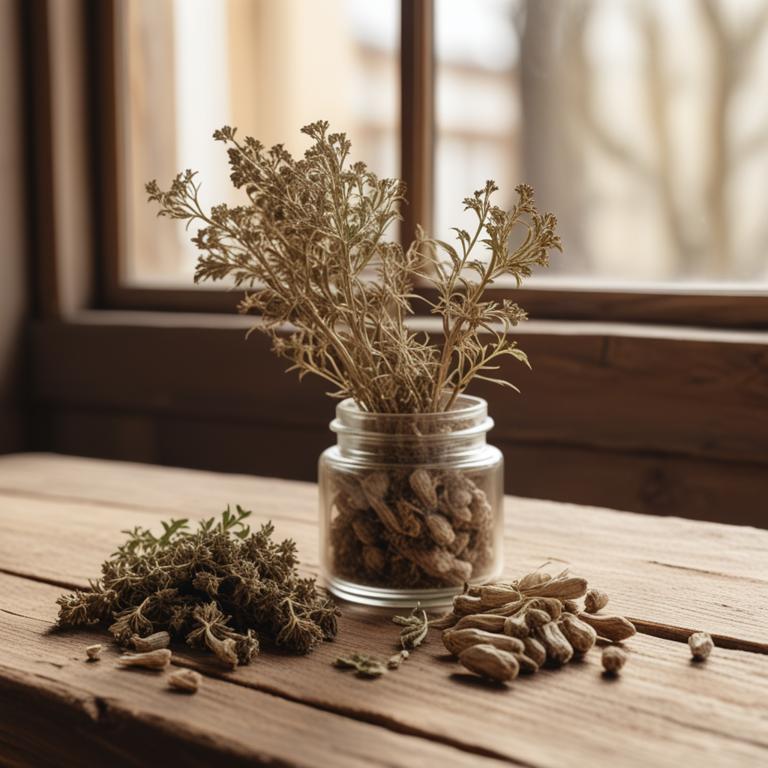
Queasy Stomach Causes and Herbal Remedies: A Comprehensive Guide
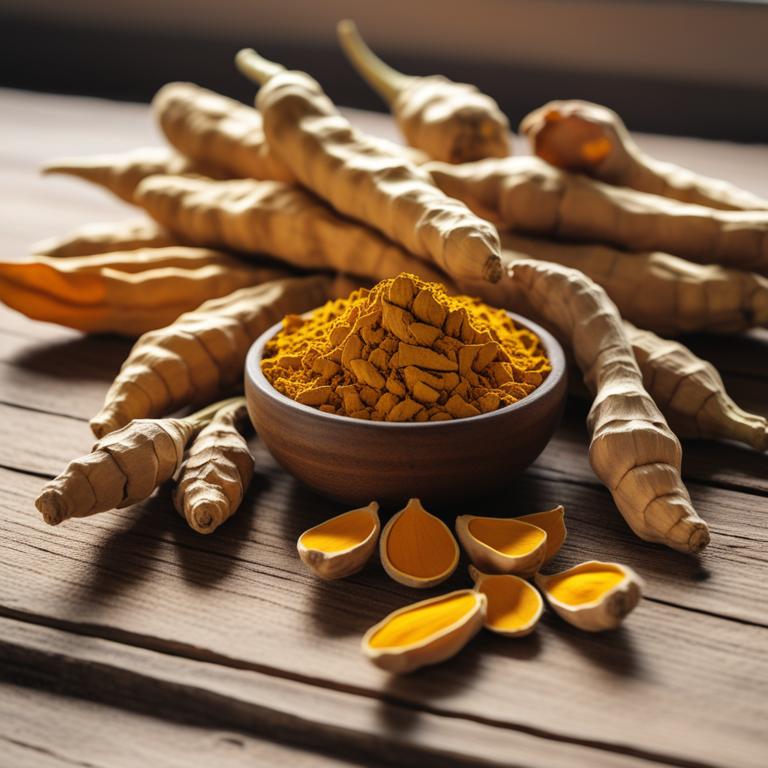
Causes and Herbal Preparations of Viral Hepatitis: A Comprehensive Guide
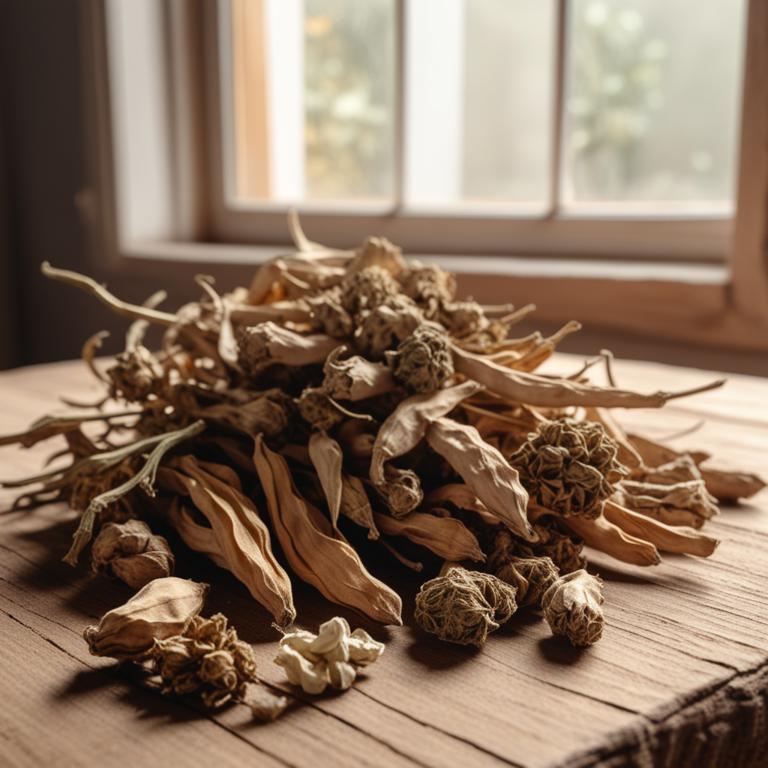
Gerd: Understanding the Causes and Benefits of Herbal Remedies
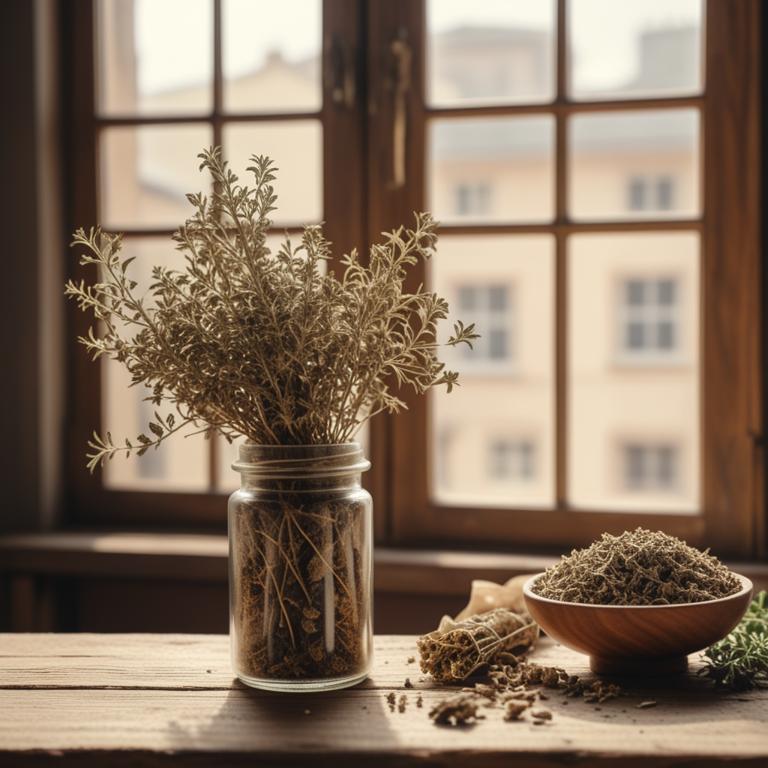
The Causes and Herbal Preparations of Stomach Discomfort
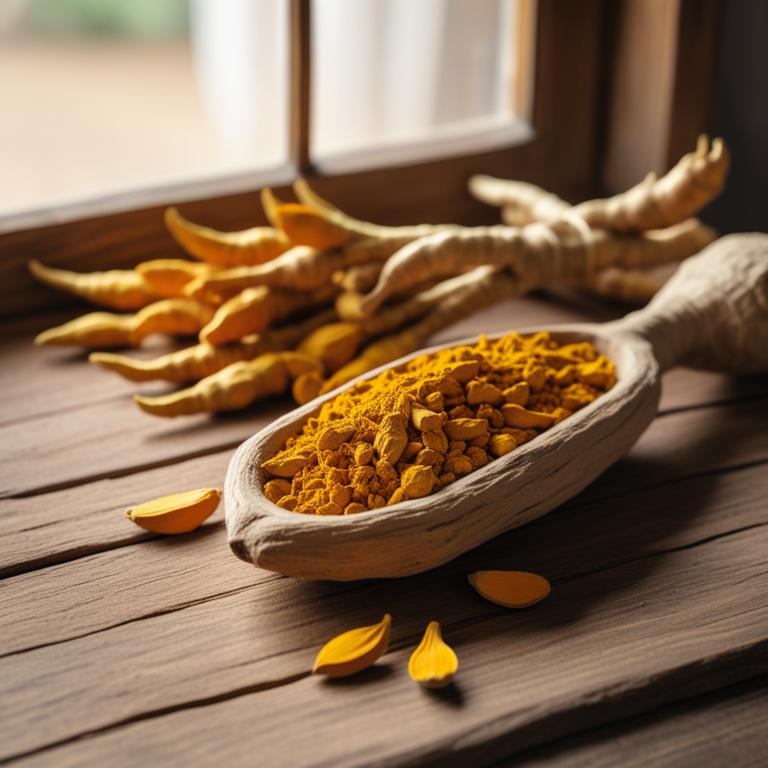
Causes and Herbal Treatments for Upper Abdominal Pain
